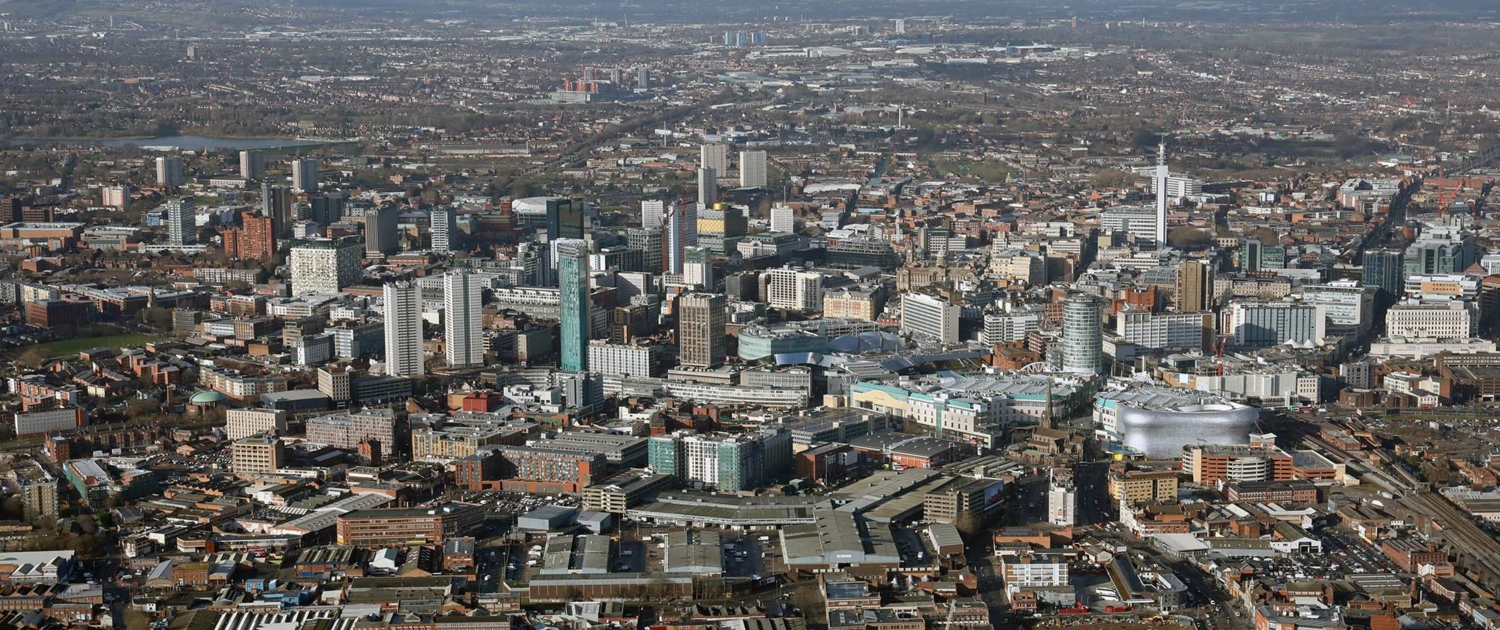Home > Geotopics > Birmingham > Inequality in Birmingham
Inequality in Birmingham
Inequality in geography refers to the idea that different people experience different living standards. Like all cities in the UK, Birmingham experiences inequality. People can experience inequality due to various factors, including employment status and qualifications.
Deprivation in Birmingham
The graphs above clearly illustrate some of the challenges that different sections of the city face. The inner city districts grapple with deprivation, poverty, high unemployment rates, substandard health services, and underperforming schools.
However, it’s important to note that deprivation isn’t exclusive to the inner city regions of Birmingham. Certain suburban areas, especially those towards the south and west, also face difficulties, such as elevated levels of deprivation, high unemployment rates, poverty, poor living conditions, and underperforming schools.
Much of the deprivation stems from the downturn in the manufacturing industry and the departure of businesses from Birmingham’s inner city and suburban areas. These circumstances are often compounded by ageing housing stock and outdated buildings unfit for newer industries. This leads to a lack of investment, perpetuating a cycle of decline.
Why is there inequality in Birmingham?
Inequality in Birmingham has been caused by the following:
- Rapid economic and population changes can outpace a city’s capacity to meet the needs of its population, resulting in high levels of deprivation in certain areas.
- Globalisation and de-industrialisation have resulted in job losses within the city (refer to page 194). The decline in factories in the central areas has led to fewer local job opportunities, necessitating travel for employment, which adds to individual expenses.
- Individuals with limited qualifications often find it harder to secure jobs; commuters fill many of the superior positions in Birmingham.
- Older housing in impoverished areas often has issues such as dampness and poor insulation, contributing to health problems. Birmingham’s central regions typically suffer from poor air quality.
- There may be discrimination against newcomers and possible racial bias, although active efforts are being made within communities and through legislation to address and overcome these issues.
- Large influxes of people over a short period can strain services. However, this can also offer solutions, as seen with migrant doctors and nurses contributing to the healthcare sector.
Birmingham has faced challenges in securing sufficient funding to fully address these patterns of inequality, particularly during periods of economic recession.
Related Topics
Use the images below to explore related GeoTopics.


